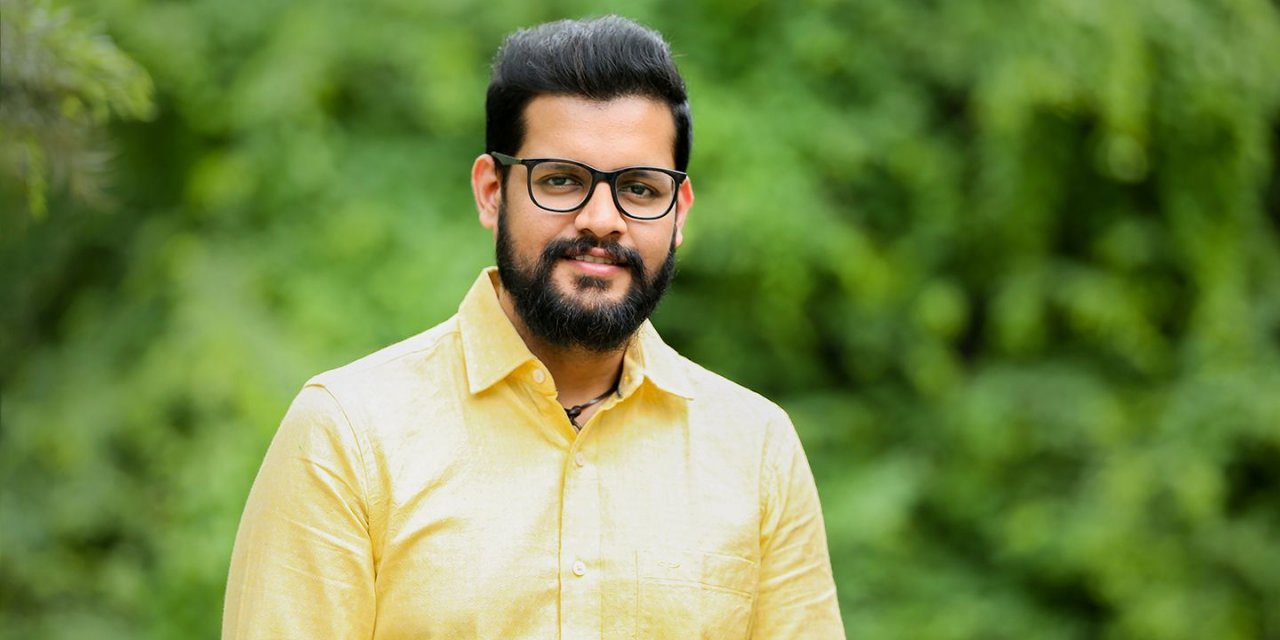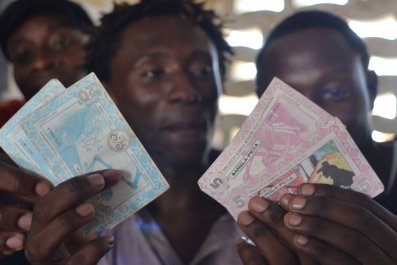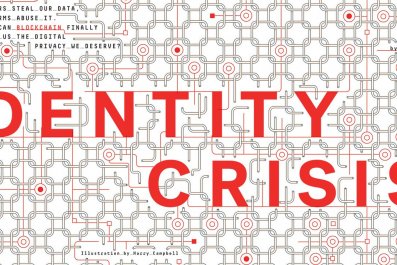
One-third of the world's food is lost in transit, or spoiled or destroyed because it is improperly stored or handled. This failure of the global food supply chain costs consumers nearly $500 billion a year, and it inspired Silicon Valley veteran Sid Chakravarthy (below) to move back to India to start StaTwig, a company founded on the idea that tracking waste in the supply chain will help reduce and perhaps eliminate it.
StaTwig, incorporated in Singapore and India, marries blockchain technology with the internet of things, a network of smart devices with cameras and sensors, to monitor goods as they move through the supply chain. That data is then stored in blockchain, creating a permanent and indisputable record of failures and breakdowns, such as when a trucking company allows the temperature in its freezer to get too warm.
"The products that we buy travel thousands of miles and change several hands before they reach us," Chakravarthy said in a presentation last year. "This growing complexity is making it very difficult to exchange information about the product, as data is usually logged away in organizational silos."
Food waste is only one problem of the supply chain in StaTwig's sights. More than half the world's vaccines are ruined before they reach patients. Improper handling is a major cause. Less than a third of vaccines, for example, are stored at temperatures monitored by shippers. Chakravarthy estimates the loss at $15 billion.
StaTwig hopes to create an extra layer of visibility across the global supply chain that would allow an Indian fisherman or an American supermarket chain to identify which shipper, trucker or warehouse company ruined their product. "That does three things," said Chakravarthy. "First, it is significantly more efficient. Second, it makes the data actionable in real time. Lastly, it's immutable. The data goes straight to the blockchain, and there's no chance it can be manipulated."
Data from this registry would allow banks and insurance companies to analyze risk more efficiently and provide microfinancing on segments of the supply chain. That enables smaller businesses to compete for pieces of the supply chain dominated by large firms, which are better able to write off losses. Disputes will be settled more easily and claims paid more quickly.
StaTwig's commendable ideas made it one of six companies picked from across 50 countries to receive investment from the UNICEF Innovation Fund, in recognition of its potential and the importance of improving transportation of vaccines to the global health care system. The firm is also working in India to track the seafood supply chain, one of the most challenging projects of its kind in the world.
This honorable mention recognizes that while much of what StaTwig does is still in the test phase, its ideas show enormous promise, and its success would have impact on a global scale.
→ Alanna Gombert is the CEO of the Digital Asset Trade Association, an advocacy group formed in Davos, Switzerland, in 2018 for distributed ledger technology.


















